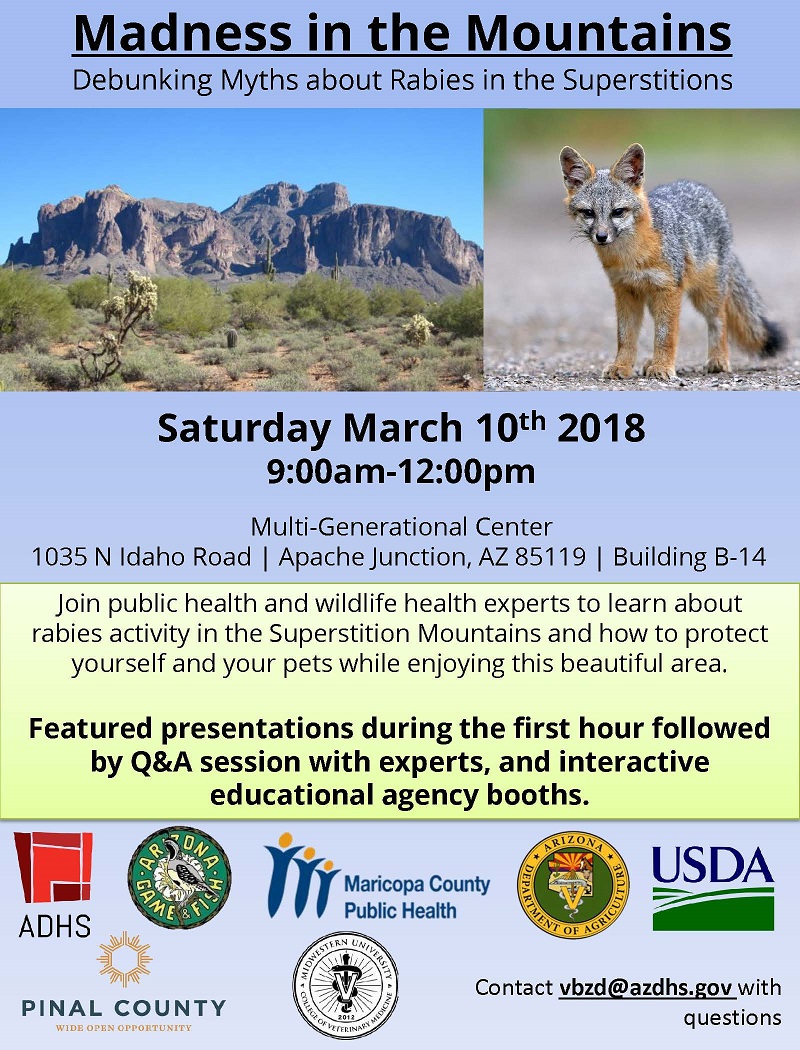At the core- vaccines are really about community protection. Our public health system depends on a solid network of providers that are available to vaccinate kids for all of the nasty infectious diseases that have plagued humanity for millennium. It’s not just access to care and a solid network of providers that vaccinate that are important- we also need folks to fulfill their social contract. In other words, we need just about everybody to participate and get vaccinated in order to get the herd immunity we all need to eliminate the spread of infectious vaccine-preventable diseases. Vaccinating yourself and your kids is more about community protection than personal protection. It’s a social contract that we have with each other to keep all of us healthy- just like it’s everyone’s responsibility to be a Good Samaritan when you see a car crash.
For decades vaccination rates in the US and AZ have been pretty good. The problems we had were due to the lack of access to care. Low vaccination rates were mainly in low income areas where folks weren’t able to get to the doctor on time to get their shots or didn’t have insurance. Over the decades, the public health and healthcare systems have closed many of those gaps- and immunization rates responded. But now we have a new problem- more and more parents are purposely deciding to not vaccinate their kids. The trend is increasingly jeopardizing us all. It’s called a “personal exemption”.
In order to figure out what to do next, we began working with the UA College of Public Health to find out the who, what, when, where, and why of this group of parents that are increasingly deciding to not vaccinate their kids. Today the UA investigators published a preliminary report in the Journal Vaccine that gives us some insight into this population.
The research team used data about personal exemptions from our 2010- 2011 kindergarten Immunization Data Report and linked it to data about education statistics to determine if there are similarities between the areas where there are more exemptions. They found that schools where mostly white students attended, those with fewer students who use free and reduced lunch, and charter schools were more likely to have high exemption rates. There are geographic differences too – those in the northern part of the state were more likely to have personal exemptions than those in the south – and the number of exemptions increased from west to east.
These geographic and demographic details are important in designing the right intervention to help bring up herd immunity in the state. This information will help the AZ public health system to improve the vaccination uptake and pay close attention to those areas if there is a disease outbreak. A follow-up study is on the way that’ll look in more depth into why parents are increasingly choosing “personal exemptions” over vaccination. We hope to use the combined data to develop intervention strategies to improve immunization rates moving forward.












Thanks for information of Vaccines & the Social Contract. We benefited Vaccinating myself and my kids is more about community protection than personal protection. It’s a social contract that we have with each other to keep all of us healthy- just like it’s everyone’s responsibility.